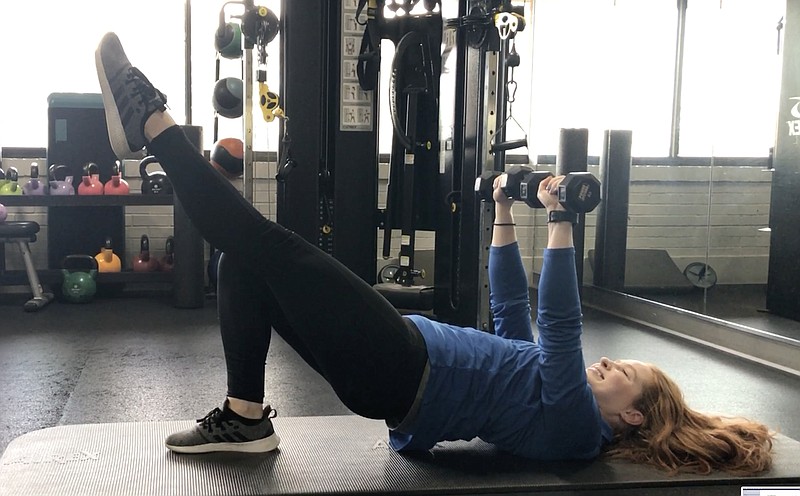One of my favorite aspects of health and wellness is the fact that it's a universal concern. Every human on the planet is faced with health-related decisions each day. But there are socioeconomic factors that affect certain people more than others, ultimately resulting in poorer health outcomes for the less fortunate. This week, I'll discuss the "Social Determinants of Health" and how they affect different populations. I'll also introduce an exercise designed to challenge anyone — regardless of their access to health resources.
According to the U.S. Department of Health and Human Services, the Social Determinants of Health are the conditions in the environments where people are born, live, work, play, worship and age that affect a wide range of health, functioning, and quality-of-life outcomes and risks. That's a mouthful, but it's easier to understand when the 5 domains are presented. They are: economic stability, education access and quality, health care access and quality, neighborhood and built environment and social/community context.
Food access is a great example of the Social Determinants of Health. Across the state, there are pockets of communities that could be considered "food deserts" where fresh produce is almost impossible to find. In these underserved communities, the landscape is peppered with fast food, convenience stores, check cashing services and pawn shops. These community residents, on average, have fewer resources and less free time to focus on their personal health. The downstream effect is, of course, poorer health outcomes and higher morbidity/mortality rates compared to other communities.
The same holds true for almost any aspect of human health. High quality health care, wellness centers and educational opportunities are more limited in poorer communities. It's a complicated problem that's not easy to solve, but state government does allocate some resources to help bridge the gap. For example, the Arkansas Department of Human Services offers subsidized health care options for low income families with programs such as ARChoices or the PACE all-inclusive care for the elderly.
As an individual, it's possible to make donations to organizations focused on creating more equality with regard to the Social Determinants of Health. Whether the donation is time or money, there are many Arkansas communities that could use the support.
This week's exercise is achievable for those with some fitness experience. The Isometric Chest Press With Hip Raise is demonstrated with a pair of dumbbells, but it can be performed without them if unavailable.
[Video not showing up above? Click here to watch » arkansasonline.com/220hips]
- 1. Select a pair of medium weight dumbbells and lie on your back on the floor.
- 2. Bring the knees up with both feet flat on the floor.
- 3. Press the dumbbells straight up over your chest. This is your starting position.
- 4. From here, raise the hips up off the floor and tighten the abdominals and glutes.
- 5. Now, lift up the right foot and extend the right leg completely forward.
- 6. Hold for a few seconds, then place the right foot back down.
- 7. Repeat with the left leg.
- 8. Continue this "marching" pattern until you have performed 12 leg extensions.
- 9. Rest for a minute, then repeat.
With inflation at an all-time high, the Social Determinants of Health are affecting underserved communities more than ever. It's not a problem that can be solved in a 500 word wellness column, but anyone can contribute to health initiatives for the less fortunate. So, this week's challenge is to find a way to help someone else. Together, we can make a difference!
Director of business development and population health solutions for Quest Diagnostics, Matt Parrott began this column Jan. 6, 2003, at Little Rock. He has a doctorate in education (sport studies), a master's in kinesiology and is certified by the American College of Sports Medicine.
vballtop@aol.com
